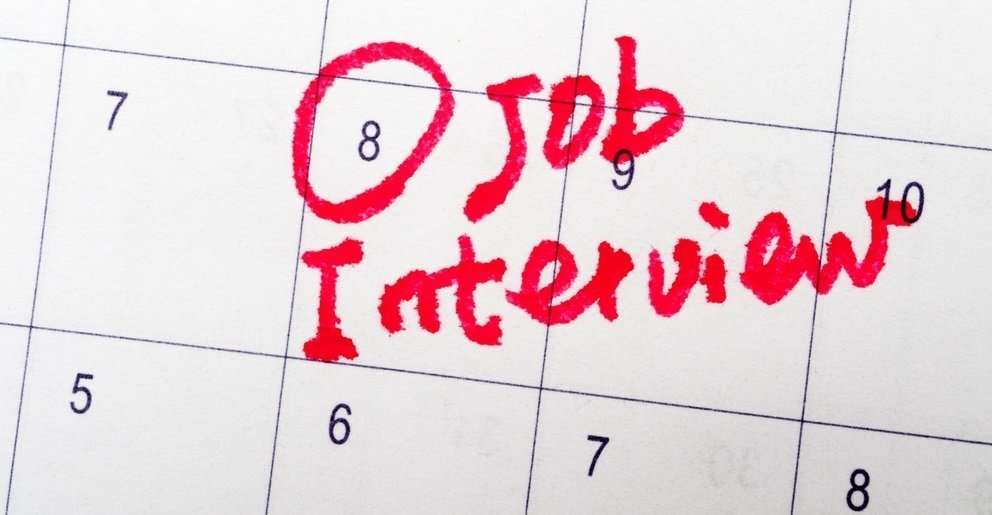
Screening applicants properly to ensure that they are fit for the job and for the work environment is part of your duty as a manager. Especially if you’re a company with history or a unique environment, like Microsoft, a giant that has risen, fallen, and risen again. However, asking them common questions that sometimes only result in cliché and rehearsed answers is not enough. You need to ask them questions that will examine even the littlest detail that will reveal their personality. Those questions are called behavioral questions.
Behavioral interview questions are asked to determine how an applicant dealt with past situations. These are answered by actual experiences that give you an idea how the said applicant will react on future circumstances.
Why ask behavior-based questions during an interview?
- It tells a lot about a person’s character.
- The manner of telling the story itself reveals about how honest and confident a person is.
- These are questions the interviewee is not prepared for.
- You can expect answers that are dynamic and not by-the-book.
- Being intelligent is not enough to be hired. Personality matters.
- It gauges how a person will perform on assigned tasks and among colleagues.
Behavior-based Questions
Here are 10 examples of behavioral-based questions you can ask your future employees:
1. “Describe your former boss.”
Letting an applicant describe his former boss is not about knowing the true character of his superior. It will, however, reveal how he talks about his superiors behind their backs. The amount and kind of information he discloses will show if he only wants to get back at his boss or if he just wants to genuinely answer the question.
2. “Take me back to a moment wherein you had to say what’s on your mind to let your colleagues know what you felt or thought.”
The answer to this question explains how open he is to expressing his thoughts. Let the interviewee reenact how he said what’s on his mind that time so you can get a glimpse of the way he verbalize things- if it’s straightforward, beating around the bush, or offensive.
3. “We all have people we don’t hate but we dislike. Why did you dislike a former coworker and how did you deal with him/her?”
Team dynamics is key to a positive and productive work environment. However, you cannot expect everyone to like each other when they have different personalities. Asking about how he deals with a person he doesn’t like but needs to interact with will give you a glimpse of how he will behave with your existing team.
4. “Was there a time when you had to agree to a decision even if it was against your will? Why did you agree?”
This question will give you an idea of how much a follower the applicant is. Agreeing to a decision even if it was against what was planned, if it is for the common good, is a sign that he values not only his opinion but other’s as well. If he still stood firm with what he believes is right and proper and didn’t conform with the majority, it shows his confidence in himself and his choices.
5. “Let’s say we hired you, and you got fired after a couple of months. What do you think would be the reason?”
A person who admits his faults is humble enough to acknowledge the fact that he is not all good. During interviews, people “sell” themselves. All they talk about are things that they are proud of and asking them a question that will uncover their imperfections will balance things out.
6. “Tell me how you faced a personal problem while at work.”
This will test how professional a person is. Separating personal life from work is a skill everyone should know because they are too different worlds that shouldn’t mix together. Problems at home shouldn’t be brought to work and vice versa.
7. “If I assign work that isn’t part of your job description, what will you do?”
Some employees are not comfortable doing something that isn’t part of what was agreed upon and you must know about it as early as now. If the applicant gives a positive answer such as learning how to do it, it leaves a good impression that he’s willing to learn something new.
8. “Give me an unexpected situation you encountered in the past. How did you face it?”
Every day is a surprise and it is not always pleasant. Unexpected situations bring out the best and worst in a person. It is vital to know how he reacts to it because working under a pressurized environment entails unplanned events and good decision-making skills.
9. “Tell me a story about how you solved a conflict or disagreement between you and a former colleague.”
Disputes are unavoidable in the workplace. It all boils down to how a person solves a situation between him and his colleagues. Catfights and violence are major turn-offs but being able to solve it amicably is one factor to consider why you should hire him.
10. “If I call your references now, what would they say about you?”
Character references validate everything that is stated in a person’s resume but it can also contradict them. An applicant who’s confident that everything that is stated in his credentials are true and that he only gives honest answers during the interview doesn’t need to worry about this question.